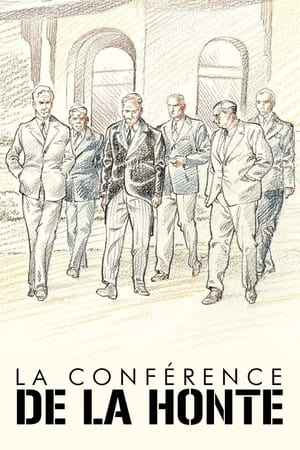

Bin nur ein Jonny(2008)

Movie: Bin nur ein Jonny

Bin nur ein Jonny
HomePage
Overview
Release Date
2008-01-31
Average
0
Rating:
0.0 startsTagline
Genres
Languages:
DeutschMagyarKeywords
Similar Movies
 6.7
6.7A Life in Waves(en)
Explores the life and innovations of composer and electronic music pioneer Suzanne Ciani.
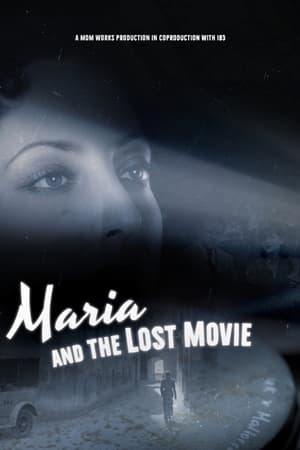 7.0
7.0Maria and the Lost Movie(ca)
The pianist Miguel Ángel Lozano embarks on a personal and artistic journey with the purpose of reconstructing the life of his grandmother, Maria Forteza (1910-60), singer and pioneer of Spanish sound films.
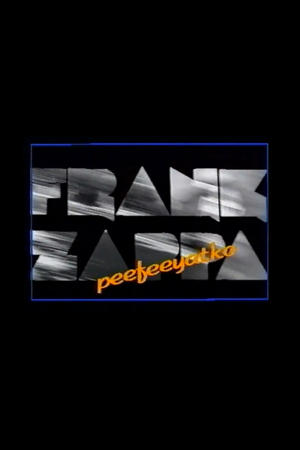 0.0
0.0Frank Zappa: Peefeeyatko(en)
For the past ten years Zappa in composing has turned away from Rock and Roll music - for which he first became famous - and has been working on new, contemporary, orchestral electronic music; in solitude and beyond any commercial conventions or commitments. It is the first time that Zappa has allowed a film crew to study him during compositional work, actually filming the first moments of a new compositional process. By contrast, in a staged interview Zappa gives comments on music. This film seeks to reveal the sensetivities of Zappa's personality and character also beyond narrative content.
 7.0
7.0Land Without Bread(es)
An exploration —manipulated and staged— of life in Las Hurdes, in the province of Cáceres, in Extremadura, Spain, as it was in 1932. Insalubrity, misery and lack of opportunities provoke the emigration of young people and the solitude of those who remain in the desolation of one of the poorest and least developed Spanish regions at that time.
 7.0
7.0Hitler's Evil Science(fr)
In 1935, German scientists dug for bones; in 1943, they murdered to get them. How the German scientific community supported Nazism, distorted history to legitimize a hideous system and was an accomplice to its unspeakable crimes. The story of the Ahnenerbe, a sinister organization created to rewrite the obscure origins of a nation.
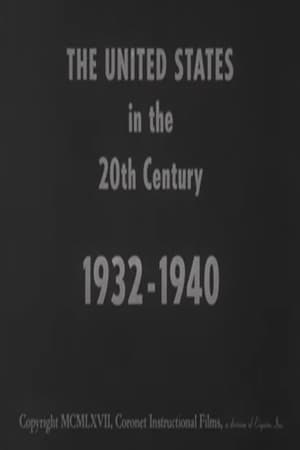 0.0
0.0The United States in the 20th Century 1932-1940(en)
Presents the history of the U S from the inauguration of Franklin D Roosevelt to the eve of World War II, including the Great Depression and New Deal legislation designed to overcome it. Emphasizes events that had lasting effects on the nation, such as the Tennessee Valley Authority, the strengthening of organized labor and the growing power of the Federal government.. Continues the story of 20th century America from the inauguration of Franklin D. Roosevelt to the eve of World War II. Footage shows the Great Depression, strengthening of organized labor, Social Security Act and growing powers of the federal government.
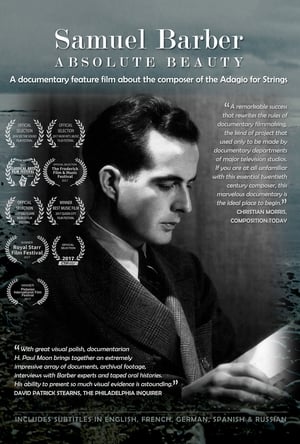 10.0
10.0Samuel Barber: Absolute Beauty(en)
Known for his mournful "Adagio for Strings," Samuel Barber was never quite fashionable. This acclaimed film is a probing exploration of his music and melancholia. Performance, oral history, musicology, and biography combine to explore the life and music of one of America’s greatest composers. Features Thomas Hampson, Leonard Slatkin, Marin Alsop and many more of the world's leading experts on Barber's music, with tributes from composers Leonard Bernstein, Aaron Copland, Virgil Thomson and William Schuman. The film was broadcast on PBS, and screened at nine film festivals internationally, with three best-of awards. It was named a Recording of the Year 2017 by MusicWeb International.
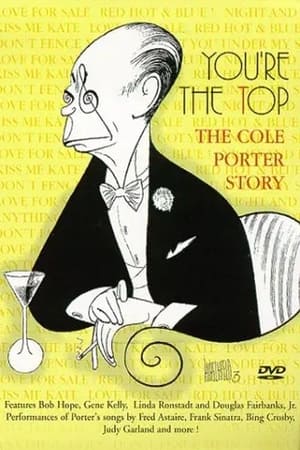 0.0
0.0You're the Top: The Cole Porter Story(en)
Biographical portrait of one of Broadway's most brilliant songwriters. Told through the use of archival material and interviews with the rich and famous that knew him, this portrait concentrates on his career and his public life events.
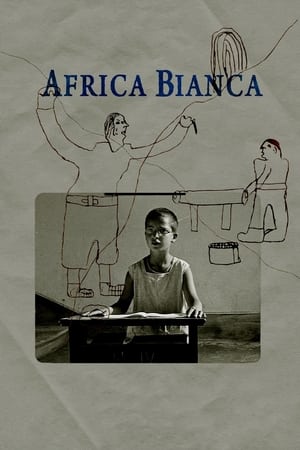 5.3
5.3The Imperial Lullaby(it)
The armies of Fascist Italy conquered Addis Ababa, capital of Abyssinia, in May 1936, thus culminating the African colonial adventure of the ruthless dictator Benito Mussolini, by then lord of Libya, Eritrea and Somalia; a bloody and tragic story told through the naive drawings of Pietro Dall'Igna, an Italian schoolboy born in 1925.
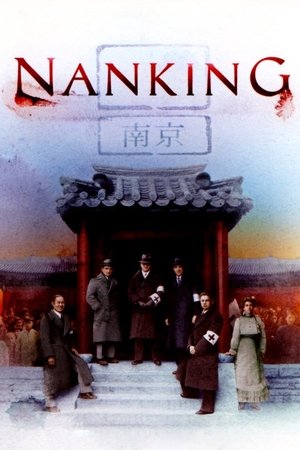 7.2
7.2Nanking(en)
The story of the rape of Nanking, one of the most tragic events in history. In 1937, the invading Japanese army murdered over 200,000 and raped tens of thousands of Chinese. In the midst of this horror, a small group of Western expatriates banded together to save 250,000. Nanking shows the tremendous impact individuals can make on the course of history.
Hitler's Forgotten Victims(en)
The story of black and mixed race people in Nazi Germany who were sterilised, experimented upon, tortured and exterminated in the Nazi concentration camps. It also explores the history of German racism and examines the treatment of Black prisoners-of-war. The film uses interviews with survivors and their families as well as archival material to document the Black German Holocaust experience.
 0.0
0.0The Music of Kander & Ebb: Razzle Dazzle(en)
A profile of composing team John Kander and Fred Ebb, who have written many Broadway musicals. Highlights include interviews with Lauren Bacall, Joel Grey and others, as well as the two men themselves, plus clips of performances of their songs.
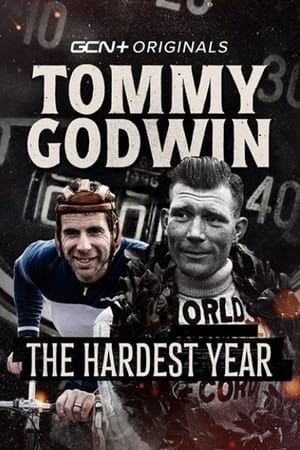 6.0
6.0Tommy Godwin: The Hardest Year(en)
In 1939, driven by a desire for fame and fortune English amateur Tommy Godwin cycled a world record 75,065 miles in one year setting out from home each day through bitter winters and the blackouts of World War Two. He became the fastest person to cycle 100,000 miles in just 500 days. After this epic feat of endurance, Tommy had to learn to walk again and uncurl his hands! The madcap record has only been attempted by a handful of determined souls and Tommy’s record stood for 76 years making it one of the greatest, but also most overlooked sporting achievements. Ultra endurance athlete and round the world cycling record holder Mark Beaumont is on a mission to shine a light on Tommy’s ride. He delves deeper into Tommy’s story and finds out if he has the physical and mental stamina to take on Godwin’s record.
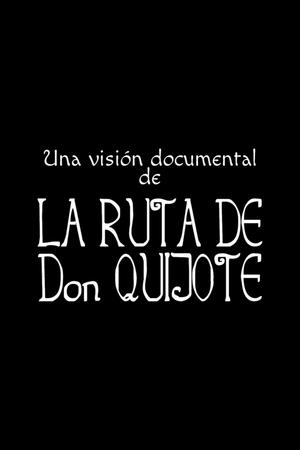 5.2
5.2La ruta de don Quijote(es)
A poetic journey through the paths and places of old Castile that were traveled and visited by the melancholic knight Don Quixote of La Mancha and his judicious squire Sancho Panza, the immortal characters of Miguel de Cervantes, which offers a candid depiction of rural life in Spain in the early 1930s and illustrates the first sentence of the first article of the Spanish Constitution of 1931, which proclaims that Spain is a democratic republic of workers of all kind.
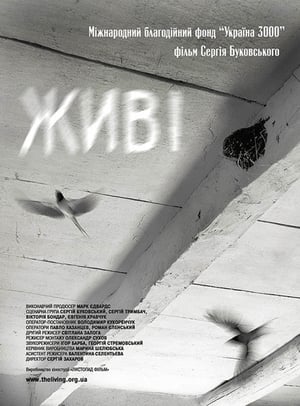 0.0
0.0The Living(uk)
Tells the story of the tragic events in Ukraine in 1932-33, the genocidal Great Famine or the Holodomor, and one Welshman's attempts to tell the world what was happening.
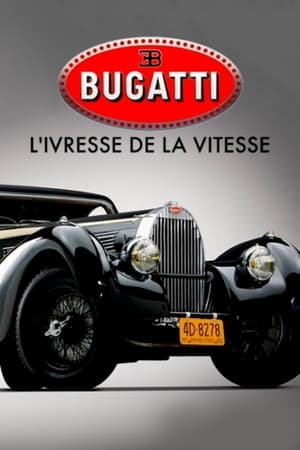 6.7
6.7Bugatti: A Thirst for Speed(de)
The story of the Bugattis of Milan and Molsheim, the eccentric family behind the brand: Carlo, the patriarch and furniture designer; Rembrandt, the troubled sculptor; Ettore, the gifted engineer; Jean, the unfortunate heir. Art and design. Beauty and luxury. The fastest cars. Races. The need for speed.
 7.9
7.9Blood Money: Inside the Nazi Economy(fr)
How did Nazi Germany, from limited natural resources, mass unemployment, little money and a damaged industry, manage to unfurl the cataclysm of World War Two and come to occupy a large part of the European continent? Based on recent historical works of and interviews with Adam Tooze, Richard Overy, Frank Bajohr and Marie-Bénédicte Vincent, and drawing on rare archival material.
